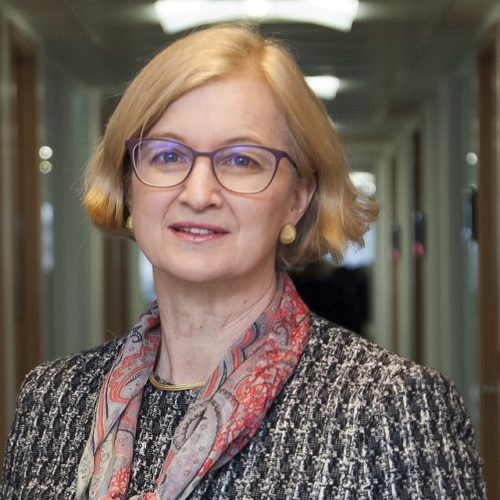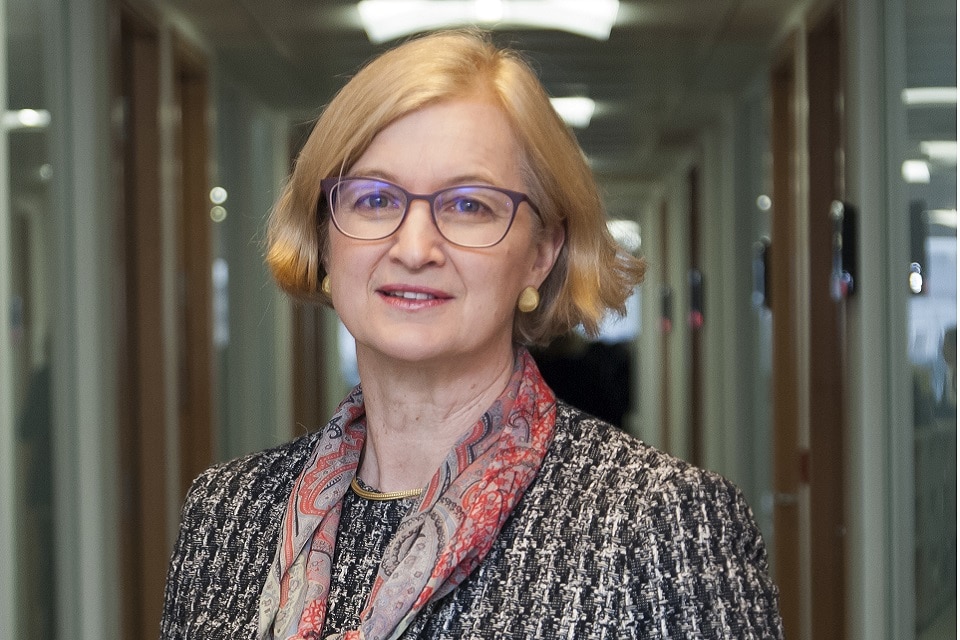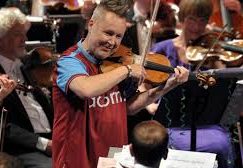Ofsted chief speaks out on the state of music teaching
mainAmanda Spielman, HM Chief Inspector of Education, Children’s Services and Skills, gave this assessment yesterday at the Royal Opera House:
What’s been happening with arts subjects: music
Given where we are, I have to start with music.
Let me take you back to around 2004. I’m sure some of you will remember this. BTECs and other vocational qualifications were given equivalence to GCSEs in performance tables. This led to dramatic shifts in the mix of subjects taken at KS4 and, to some extent, sucked time and effort away from the arts. The main winners in this realignment were vocational qualifications like ICT, and, oddly, Religious Studies short course GCSE – though there have been continuing swings depending on what value has been attributed in performance tables.
If we look at music, the numbers taking music GCSE have decreased steadily: by around a quarter since 2003. But there has been a big increase in music BTECs and similar qualifications so it’s not all doom and gloom. Schools are pointing children towards different types of music.
Back in 2013, we published a report: Music in schools: what hubs must do. This mentioned that the low take-up of GCSE music had prompted some schools in our sample to offer other level 2 qualifications in performing arts, or BTECs in music or music technology. In 2014 over 8,000 pupils took these, and they seem to be maintaining their popularity.
In the secondary schools we surveyed for our 2013 report, heads gave us different perspectives. Some said the introduction of the EBacc had made it harder for them to recommend that students take GCSE arts subjects, and certainly more than one arts subject. Music GCSE has always been seen as something to opt in to if you have a particular interest. But we did find low expectations at the end of key stage 3 meant few children were well prepared to take it.
Our report found much to celebrate about music education, but its quality varied considerably. In some schools, music education was weak and poorly led. Heads told us they wanted pupils to enjoy music with the opportunity to perform. But few spoke of music as a rigorous, academic subject for all. I’d like to think we’re moving on from there.
Let’s look at primary schools. Some have excellent music. Learning to sing is key for young children – singing is the most natural thing in the world. The voice is the first musical instrument we all learn and mastering singing sets children up well for a musical future. But it’s not just the musical and emotional benefits that singing together bring. Songs include vocabulary that stretches children. And singing also helps with articulation in terms of speech and language difficulties.
At an Essex primary we visited recently, singing was a strength and gave pupils not just a good musical repertoire but built a sense of community and well-being among pupils and staff.
We mustn’t lower our expectations. We need to give all children the experience of singing and when they’re ready, learning an instrument. For most children, taking part in music and performing is very satisfying. But there is also a need to teach the basics of music theory and build up children’s musical repertoires. Schools need to think about what’s in a core music curriculum. Not every child will go on to become a composer, but there really are some important things that every child should experience, know and be able to do.

Comments?






This makes interesting reading. However, Ms Spielman’s reporting that it’s not all doom and gloom I feel needs some contextualising.
Of course, it would be wrong to suggest that there are no good news stories to be found around the UK. However, it is a massive lottery. As a Brummie (now approaching his mid-50s), I was privileged to receive an excellent music education, in both academic and practical terms. My secondary music teacher encouraged exploration and my time in the Birmingham Schools’ Symphony Orchestra (BSSO) was enlightening, exciting and stood me in good stead for my later career in music and the arts. I still have great friends made from those days and BSSO gave me the opportunity to find a “place” for myself, a place that many others found through sport.
Looking at the Birmingham extra-curricular music offer, it is still very strong, with some utterly outstanding results being achieved. However, there is a critical mass of youngsters in the city who are geographically quite easily able to access the opportunities on offer.
When you look to more rural areas, however, things are very variable. It is good that some counties still seem to be in pretty rude health. However, in others, there is no longer a music service at all. Elsewhere, there is, but it has been moved out of the local authority to a trust model. In this way, it is the survival of the trust that is central to provision. Many have survived, some have not. If I were cynical, it also means that, should the trust go under, the local authority can claim that it was the failure of the trust that was to blame for the loss of a music service, not the council (which might have given some seed funding for an initial period only).
Another model is where a music service exists under a council’s umbrella but receives no funding from that council thus making its existence totally reliant on income from parents and schools and its ability to raise funds from other sources (the Arts Council etc). This means that the service has to meet the requirements of the latest policies/targets from funders, while also trying to persuade school headteachers and parents to buy the services on offer. In this situation, to make the equation balance, pupils are perhaps receiving excellent whole-class teaching (for singing etc, in the absence of a music specialist in school) but, in terms of instrumental teaching, are often only receiving lessons of as little as 10 minutes duration.
The knock-on effect of this is that the number of children “accessing music” can be quite high but the ability of music services to maintain county ensembles of a high standard can be compromised.
As I’ve said before, that music is the key to so many other benefits, for youngsters and adults, seems still to be disregarded by many. I’m just not sure how we get over the message that nurturing the arts is not just a way of keeping the arts themselves alive but can provide such beneficial impacts in a very wide range aspects of life.
Let me lastly make this point. I have just been part of a staff team leading a music away-weekend for 200 children from across our county. The age range of the youngsters was 6 – 19. There was a large beginner orchestra, a large intermediate orchestra and a smaller cohort of older students doing chamber music. I can guarantee that, during the weekend, lots of new friendships will have been made. I know that there were loads of children who had no idea that they could be part of an ensemble, amazed at all the experiences that have come as a result. Parents told us how much they and their children had got out of the weekend, while the teaching staff, who put into the enterprise as many voluntary hours as paid, came away with a real sense of satisfaction.
These experiences need to be treasured and nurtured and we need organisations like OFSTED to recognise this and lead on a joint up campaign with the UK Arts Councils, NHS and a mass of other agencies and charities (many of whom are well aware of this) to push this home to government.
The shift in demographic at some of the leading music conservatoires would suggest things have gone astray, and that access is far from equal. ie.a higher proportion are privately educated students than was the case a few decades ago.
There’s a great deal of bottom up work (please, no adjusting quotas at the entrance level of higher education institutions) to be done to redress the balance.
Based on what I have read elsewhere:
Funding for music even at current rates (and for visual arts) needs to be made exclusive for purpose.
At present Councils and/or head teachers often siphon off music funds for other purposes, sometimes willingly, sometimes not.
It’s too easy to shortchange music because there are other genuine needs elsewhere or because a head has no interest in the subject.
Ditto for music teachers provided by a hub – they should be exclusively for music, not to fill in gaps.
It’s just the same as the national budget: without specific funding for various areas, everything would be spent on health, or pensions or …